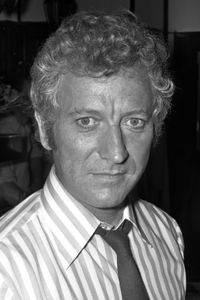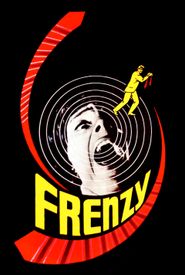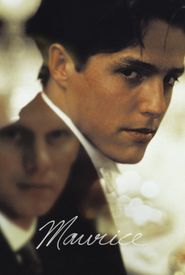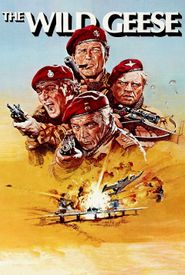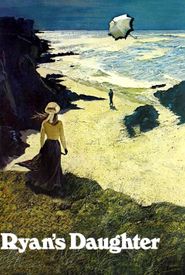John Barry Foster's acting career began on the stage at the age of 20. He won a scholarship to the Central School of Speech and Drama, where he befriended future playwright Harold Pinter. After two years of training, Barry went on tour with Andrew McMaster and fellow actors Patrick Magee and Kenneth Haigh through the Republic of Ireland, performing thirteen plays, including Shakespearean works and J.B. Priestley's 'An Inspector Calls'. Barry's first role was as Lorenzo in 'The Merchant of Venice'.
In 1955, he made his London debut with 'The Night of the Ball' at the New Theatre, and six years later had his first starring role as Cornelius Christian in 'Fairy Tales of New York'. Throughout the decade, Barry played a wide range of characters, from Adhemar in the French comedy 'Let's Get a Divorce' to King John and Macbeth at the Nottingham Playhouse. He also appeared with Dame Wendy Hiller in 'Driving Miss Daisy' and with Lotte Lenya in 'Brecht on Brecht' at The Royal Court, as well as in two Pinter plays, 'The Basement' and 'The Tea Party'. In 1963, he acted on Broadway, San Francisco, and Los Angeles in a double bill: 'The Private Ear' and 'The Public Eye' by Peter Shaffer.
Time Magazine described his performance as Cristoforou as "a remarkable and indefinable creation" and "the most antic and mythic embodiment of Life Force since Zorba the Greek danced off the pages of Nikos Kazantzakis' novel".
Barry Foster also had success in film roles, particularly in his iconic role as the trench-coated Dutch detective Van der Valk in the 1970s TV series. Introduced by the catchy theme song 'Eye Level', this series was filmed on location in Amsterdam and featured a rather offbeat type of detective: introspective, often rash and moody, at times anti-establishmentarian, yet with great compassion, wit, and intelligence.
Barry Foster himself remarked about the popular Van der Valk: "He is understanding and does not disapprove. That isn't his job, anyway. He's a lovely guy to play, a thoughtful, unorthodox cop with a touch of the private eye".
Other notable television roles followed, including his role as Kaiser Wilhelm in the BBC's excellent miniseries 'Fall of Eagles' (1974) and as eccentric spook Saul Enderby, one of 'Smiley's People' (1982),played with typical aplomb and dry humour. In 1978, Barry lent his voice to an impersonation of the great detective Sherlock Holmes in a 13-part BBC radio series. In films, Barry will be best remembered as the serial killing grocer Bob Rusk in Hitchcock's thriller 'Frenzy' (1972).
From the 1980s, Barry Foster concentrated once again on the theatre. In 1995, he toured Australia with Priestley's 'An Inspector Calls' (playing the part of Inspector Goole),directed by Stephen Daldry. Five years later, he starred as Prospero in 'The Tempest' and, just prior to his untimely death, appeared with Nigel Havers and Roger Lloyd Pack in the play 'Art' at the London Whitehall theatre.
Barry Foster was a singularly accomplished and likeable actor who once explained his versatility thus: "I'm neither very tall nor very short. You can't look at my face and say 'he's the killer', or 'the guy next door' or 'the mad scientist'. All I've got is my curly hair - which everyone thinks is a wig anyway".
